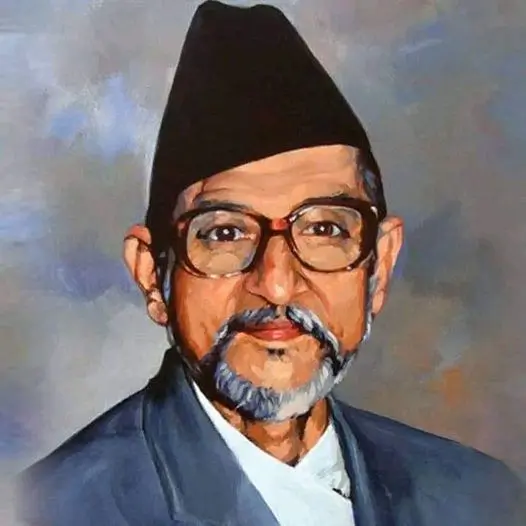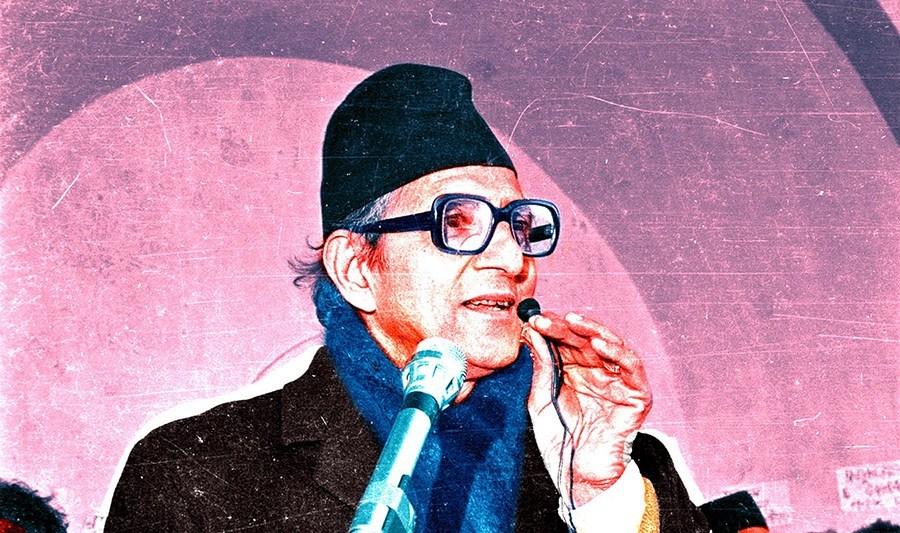KATHMANDU: Nepal celebrates Reconciliation Day today to honor the legacy of BP Koirala, the nation’s first elected Prime Minister and a key figure in fostering national unity and reconciliation.
On January 30, 1976 ( Poush 16, 2033 BS), Koirala, along with prominent leaders like Ganeshman Singh, Shailaja Acharya, and others, returned to Nepal after eight years of exile.
Their return marked a pivotal moment in the country’s political history, demonstrating a commitment to sovereignty and unity despite facing eight pending death penalty cases.
Koirala and his colleagues were deeply influenced by geopolitical events during their exile in India, including the annexation of Sikkim and the fragmentation of neighboring countries.
Determined to prevent similar vulnerabilities in Nepal, they adopted a policy of national unity and reconciliation.
Upon their return, however, Koirala and others were immediately imprisoned at Sundarijal, underlining the political challenges they faced.

The Sundarijal prison became a significant part of Koirala’s life. It was there that he wrote some of his most acclaimed literary works, including Swet Bhairavi, Sumnima, Teen Ghumti, and his autobiography, Aatmabrittanta .
These works cemented his legacy not only as a statesman but also as a pioneer of psychological fiction in Nepali literature. His prison diaries, later published as Feri Sundarijal, provide a vivid account of his resilience and vision.
Koirala’s release in 1977 marked another chapter in his lifelong struggle for democracy and unity. Despite enduring multiple imprisonments, his unwavering dedication to his principles inspired generations of political leaders and citizens.
Today, the Nepali Congress and affiliated organizations commemorate Reconciliation Day with various programs nationwide.
In Kathmandu, the Congress District Working Committee is hosting an event under the chief hospitality of party President Sher Bahadur Deuba. Similarly, the BP Museum in Sundarijal, once the prison where Koirala was held, is organizing a special program to honor his contributions.
Reconciliation Day is not just a remembrance of the past but a reaffirmation of Koirala’s vision for a united and sovereign Nepal.
His legacy continues to resonate, reminding the nation of the enduring importance of unity, democracy, and reconciliation in shaping Nepal’s future.









Comment